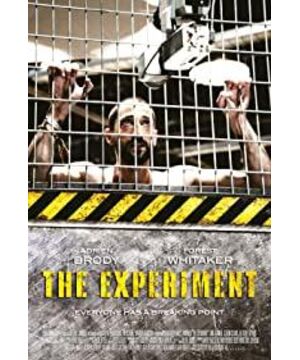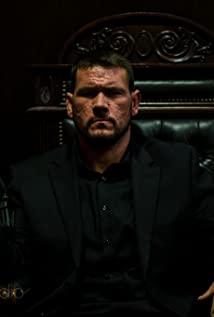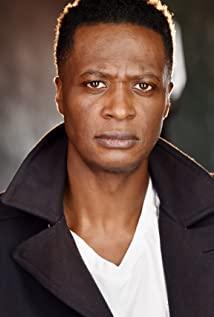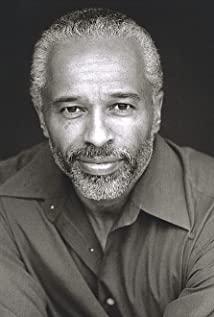I watched this movie for the male protagonist. I like Adrian's "The Pianist" very much. In the literary film, his long hair is flowing and his eyes are always melancholy, so he shouldn't be too handsome. In the film, he shows off muscle tattoos and a prisoner's head, but also suffers from abuse, and finally fights back hoarsely.
I didn't know about the "Stanford Prison Experiment" before, but I have watched a lot of secret room movies, and they are more or less describing human nature and criticizing human nature. The story begins by recruiting a group of people from the bottom of society to carry out a two-week prison experiment. The candidates are divided into two groups to play twelve prisoners and eight prison guards. If the prisoners and the guards conflict with each other, the game stops.
The most impressive characters in the movie are definitely the male prisoner and the black prison guard. The two talked and laughed before the experiment and could become friends, but in the end, the conflict between the two escalated and caused the final tragedy. The male protagonist is a kind person. He helps the elderly in the nursing home and participates in anti-war demonstrations. When encountering violence and injustice, he can tolerate it. He is eager to escape from his current life and his girlfriend to go to India. The black man is an honest and cowardly person in life. He still lives with his mother when he is not confused, and is suppressed and controlled by his mother every day. He longs for freedom. In this way, according to the arrangement of the experimenter, the two people became opposites. The black man quickly entered the role of his own prison guard. After the first punishment of the prisoner was satisfied, he began to enjoy the spiritual satisfaction and the release of the soul that power brought him. He began to think that he was the supreme power, and the long-term oppression in real life had already caused his mind to distort, so he used this power to release his pressure. And the male protagonist still endured it at the beginning. Although he also tried to rebel on the way, he tolerated all this for his own experimental purposes and for the sake of his fellow inmates. However, after the inmates were tortured to death, he began to resist desperately, and finally became the leader of the rebellion and fought back against the prison guards. The ending was obvious. The two teams had a fierce conflict, and the experiment ended. When the red light was on and the prison door opened, they realized that it was actually just an experiment.
Character identity, collective behavior, herd mentality, and the law of the weak are all vividly reflected in the film. For example, not all prison guards can quickly enter the role of prison guards to corporally punish prisoners, and prisoners are not willing to be prisoners from the beginning, and occasionally there is a little rebellion in normal times. But as time slowly entered the play, the behavior of prison guards and prisoners became more and more typical. Prison guards will begin to use their rights to impose disguised corporal punishment on prisoners, and will formulate some rules to maintain order. After several failures of resistance, the prisoners obediently succumbed to the authority of the prison guards and accepted the rules numbly.
The leaders formed among the prison guards took the lead, and they began to follow blindly. Some of the well-meaning prison guards also did not dare to come forward to stop them, so they could only keep silent, which inadvertently condoned the violence against the prisoners. In fact, in general, silent condoners are more guilty than violent perpetrators.
Some cowards want to vent their desires, so they choose soft persimmons, such as the fat little brother who died tragically in the end, the thin and weak Xiaoshou, the melancholy male protagonist who looks like a good person. Bad people will be bad no matter when and where, it just depends on whether the environment gives you the opportunity to condone you. I have always believed that human nature is inherently evil, and some people's evil will always be heinous than you can imagine. The only difference between humans and other animals is that they have restraint and can control their thoughts, but once the "situation" occurs Change, he directly leads people to the path of the devil.
In the end, rights without legal constraints are the most dangerous rights.
View more about The Experiment reviews











